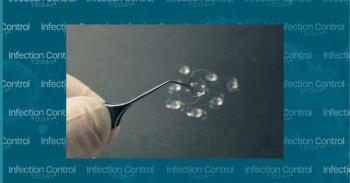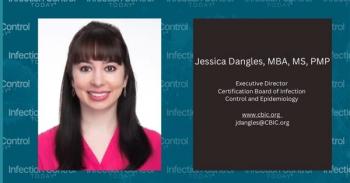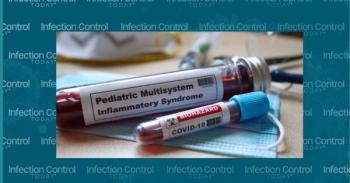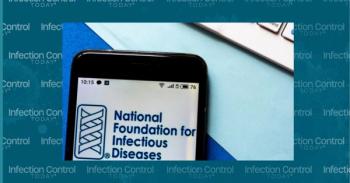
Learn how infection preventionists (IPs) are key to ensuring food safety in healthcare facilities, addressing foodborne illness risks, and fostering a culture of prevention.

Learn how infection preventionists (IPs) are key to ensuring food safety in healthcare facilities, addressing foodborne illness risks, and fostering a culture of prevention.

Take 5 minutes to catch up on Infection Control Today®’s highlights for the week ending December 10, 2023.

The role and responsibility of executive-level oversight in infection prevention is growing. Expertise, determination, consistency, and sustainability bring value to reducing healthcare–associated infections, preventing harm, and supporting a safe workplace.

Bug of the Month helps educate readers about existing and emerging pathogens of clinical importance in health care facilities today.

Handheld equipment plays a vital role in providing care at health facilities. Proper training, equipment, and procedures are imperative to guarantee safe cleaning and disinfection following use.

A recent American Journal of Infection Control study, led by Katharine Hoffman, MPH, CIC, LSSGB, and Lisa Waldowski, DNP, RN, CIC, applies Lean Six Sigma to improve eye device reprocessing. The research highlights the challenges, emphasizes adherence to manufacturer instructions, and promotes best practices for patient safety.

ICT speaks with Christopher Reid, PhD, a biological and biomedical Sciences professor, delving into his investigations on antibiotics and fungicides and how his team's investigations will "provide an extra tool in a clinician's" toolbox for treating bacterial fungal infections."

The Executive Director of the Certification Board of Infection Control and Epidemiology (CBIC) addresses the eligibility guidelines for the Certification in Infection Prevention and Control (CIC) examination. While designed for success, these guidelines are not requirements, ensuring inclusivity for candidates from diverse infection prevention backgrounds. The CBIC emphasizes readiness and offers support to prospective CIC candidates.

A study of 28 nursing homes and nearly 29,000 residents reveals that universal decolonization significantly lowered infection-related hospitalizations, offering hope for improved healthcare outcomes.

A study in Maryland from June 2019 to December 2021 analyzed 140 Candida auris cases, revealing that patients often resided in disadvantaged neighborhoods with higher crowding, uninsured rates, and racial diversity. ICT speaks to the lead author.

An 18-month trial with 801,668 ICU admissions showed that mupirocin nasal ointment effectively reduces Staphylococcus aureus and MRSA infections by 18% and 15% respectively, offering hope in ICU infection prevention.

Fibi Attia, MD, MP, CIC, and her colleagues conducted a study on multisystem inflammatory syndrome in children (MIS-C) linked to COVID-19. The study focused on the characteristics, implications, and outcomes of MIS-C cases, particularly cardiac dysfunction. The interview discusses the study's goals and key findings, stressing the importance of detecting MIS-C cases and the need for more research on COVID-19 vaccines.

Cases of COVID-19, RSV, and influenza are expected to rise this fall and winter season; yet, the number of people who plan on getting the vaccines for each of the infections remains low, according to the NFID announcement today.